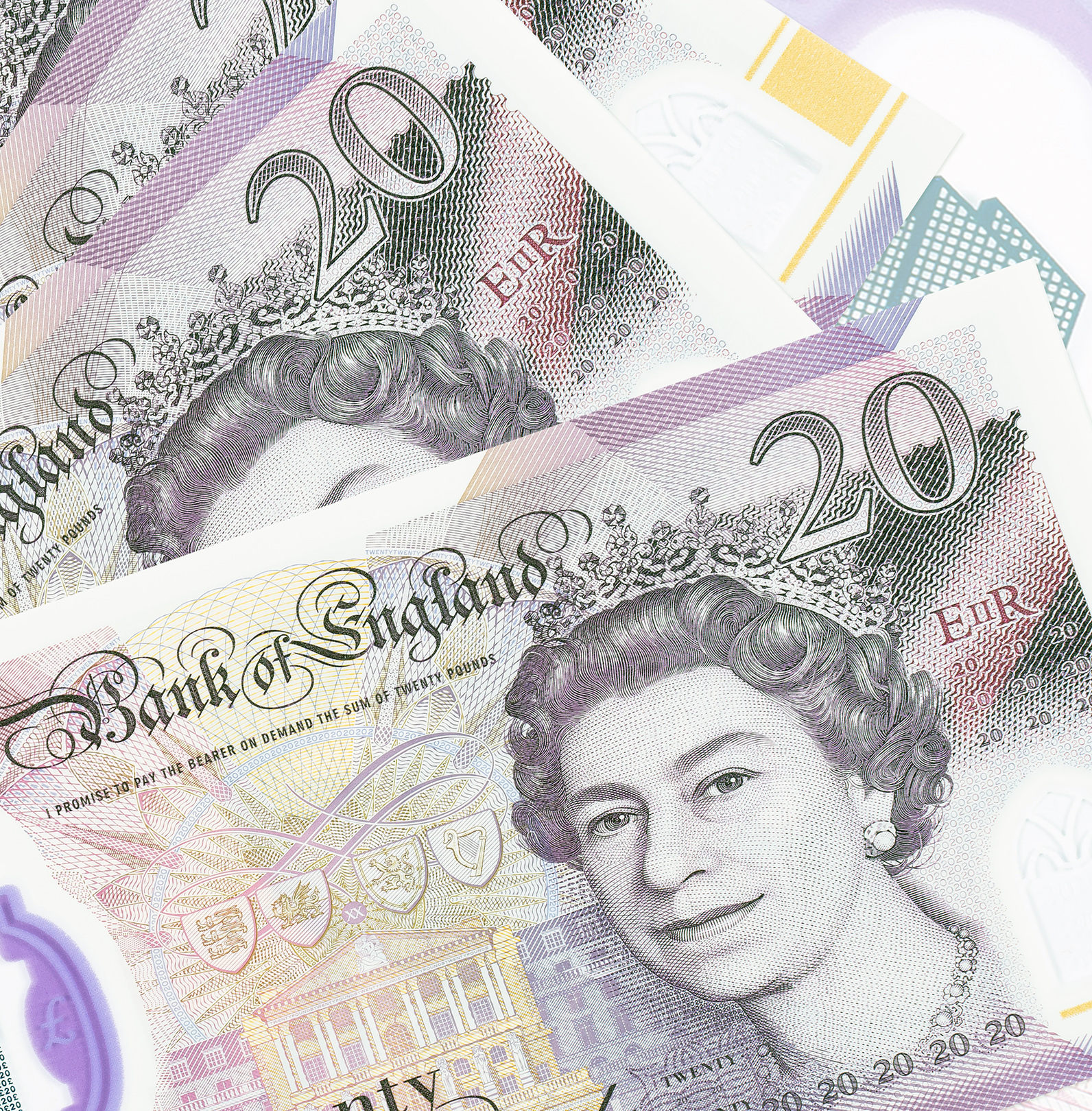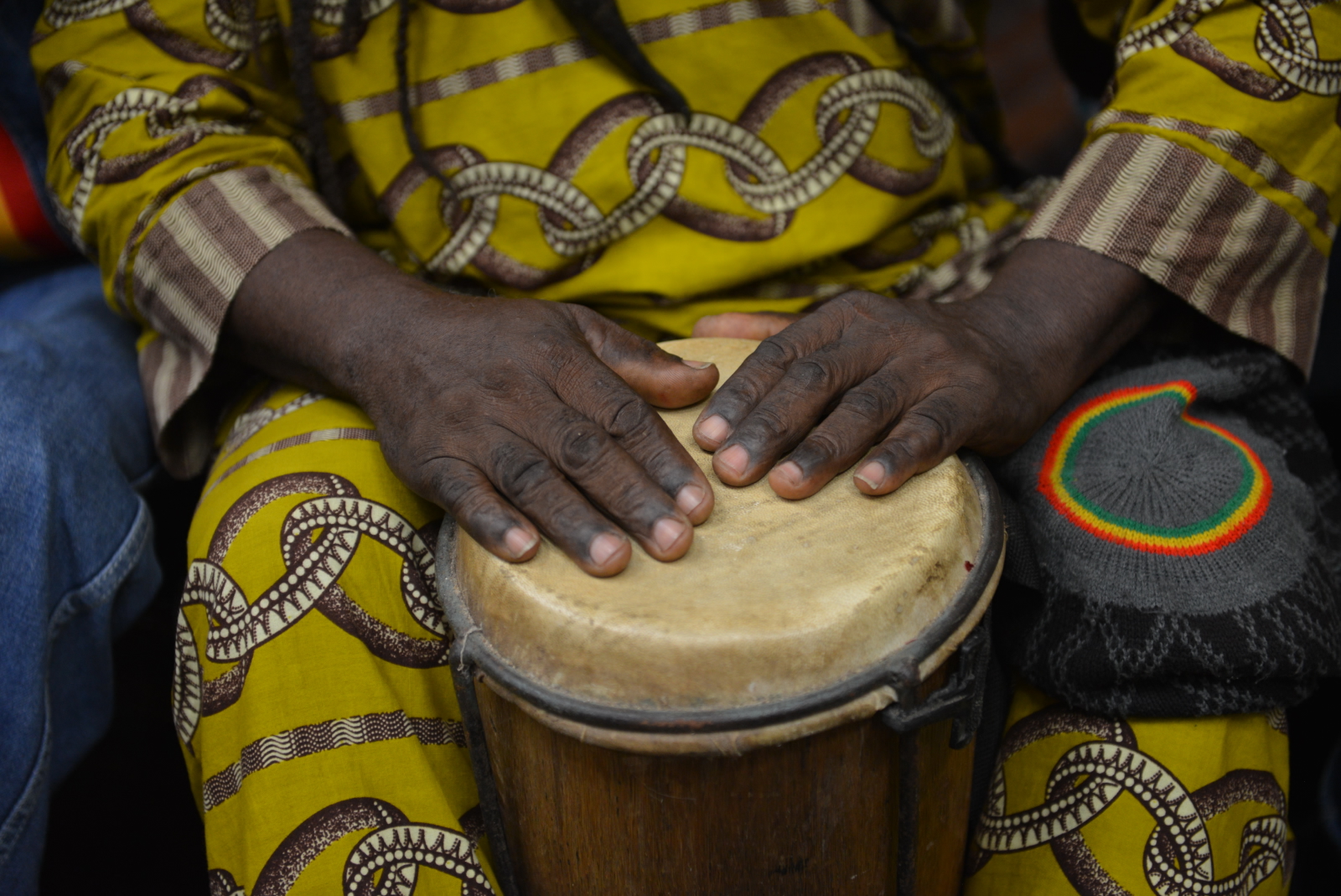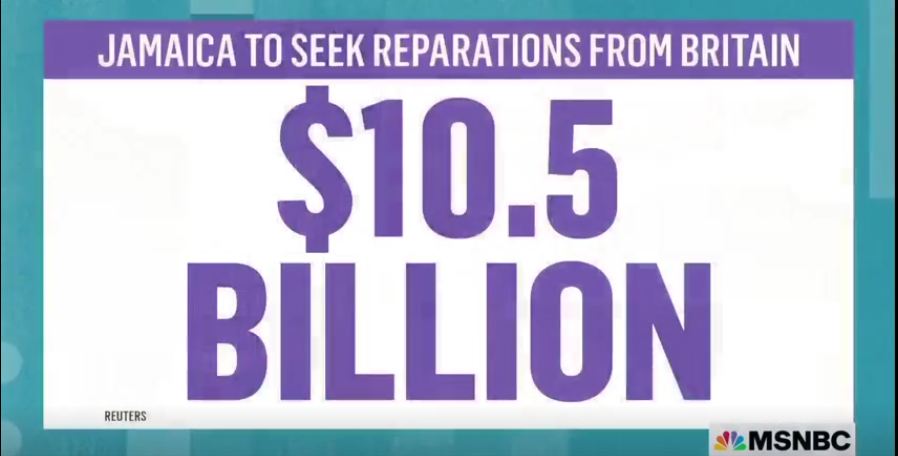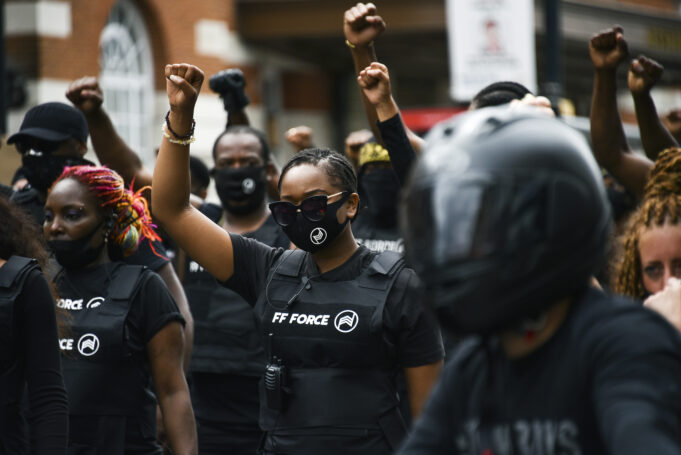Jamaica has been deeply engaged in demanding reparations from Britain and other European countries involved in the trafficking of Africans in the slave trade. But a recent declaration from the Honorable Olivia “Babsy” Grange planted the global and regional spotlight squarely on the decades-long effort once more.
“We are hoping for reparatory justice in all forms that one would expect if they are to really ensure that we get justice from injustices to repair the damages that our ancestors experienced,” said Ms. Grange, Jamaica’s Minister of Culture, Gender, Entertainment and Sport to Reuters. “Our African ancestors were forcibly removed from their home and suffered unparalleled atrocities in Africa to carry out forced labor to the benefit of the British Empire,” she said.
“Redress is well overdue.”
Ms. Grange said a petition seeking reparatory justice for the victims and descendants of the Atlantic slave trade is being prepared and will be submitted to Her Majesty Queen Elizabeth II and the UK government after consideration and approval by the Jamaican parliament.

Dr. Verene A. Shepherd told The Final Call, during a call from Jamaica, that the island nation’s demands for reparations caught people’s attention because of who made the announcement.
“It’s not a new thing. It got more attention because it’s a minister with a high profile and a portfolio of responsibility. That’s my take,” said Dr. Shepherd, director of the Center for Reparation Research at The University of the West Indies. “It wasn’t a statement made by an NGO (non-governmental organization). It was from parliament and members of parliament. We must also remember that one of the longest-serving politicians, Mike Henry, has been speaking out about this,” said Dr. Shepherd.
Rick Nugent, a Maryland resident born and raised in Jamaica, said there is a clear and compelling case for reparations. “I believe that the fore-parents of Jamaicans had been really deprived of everything while others involved in the slave trade became very wealthy,” said Mr. Nugent, a retired design engineer. “England got very rich and still owns Jamaica. We should have gotten full independence but didn’t. We got independence but they refer to it as political. I don’t know what’s going to happen, but Jamaica can benefit from this initiative.”
Mr. Nugent, Dr. Shepherd and other Reparations supporters say that while slavery ended in the Caribbean in 1838, Jamaica, other Caribbean islands and many developing countries never recovered from centuries of disinvestment and are now enmeshed in an economic morass. These countries are deep in debt because they are borrowing from the World Bank and International Monetary Fund under terms that Capt. Thomas Sankara, assassinated President of Burkina Faso, characterized as a new, more sophisticated form of slavery.

“We think that debt has to be seen from the standpoint of its origins. Debt’s origins come from colonialism’s origins. Those who lend us money are those who had colonized us before,” he declared at an OAU summit in Addis Ababa in 1987. “Under its current form, that is imperialism-controlled, debt is a cleverly managed re-conquest of Africa, aiming at subjugating its growth and development through foreign rules. Thus, each one of us becomes the financial slave, which is to say a true slave. …”
Mr. Nugent said the focus of Britain and other European colonizers was to extract as much of the resources they found in the Caribbean and Africa, work the enslaved to death while they grew sugarcane, coffee and other products and release those who survived with nothing to make a life with: no money, no resources, no education, nothing.
“There’s no question about it: England owes Jamaica,” said Mr. Nugent, founder and current president of The Association of Maryland and former president of the National Association of Jamaicans and Supportive Organizations. “I’m not sure what form it might come in, or what the government has proposed but any compensation is worthwhile after England has been milking Jamaica for years.”
When asked about the viability of Reparations, close friends Lana Walker and Amy Grant launched into a heated but friendly exchange, with them sometimes talking excitedly over each other.
“There are so many things Jamaica needs. They took so much from us,” said Ms. Walker, a health care executive from Atlanta. “I believe in Reparations to atone for their wrongs. There ought to be some kind of reparations that repairs the social infrastructure, hospitals, schools, health care, justice, the environment. This is a huge issue that must be well thought out. They need to come forward, acknowledge and atone,” she said.

“They stole us, stole our land. As good and as well as some of us have done, imagine if we didn’t have this baggage.”
“I do have concerns too because I’m not sure of the process,” she said. “A lot of times it’s political, just trying to appease the people. I wonder how viable the demands are, what it will cost and where we’re going to get the money from,” said Ms. Grant.
Despite her concerns and some misgivings, Ms. Grant said she fully supports reparations.
“A lot of people could benefit,” she said. “We should focus on basic issues like interest-free loans for housing and education. Education should be free. It should support trade and vocational training. We have to have a unified front though.”
What’s particularly galling to Reparations activists and rank and file members in the African Diaspora is that Britain saw fit to pay repatriations to British planters but has stoutly resisted even discussing the same for Black people. Following “emancipation,” the British government took out a £20 million ($27.5 million) loan to compensate slave owners who lost the free labor enslaved Africans provided.
Britons learned about the rewards given to tens of thousands of people despite the egregious nature of institution. In 2013, academics from the University College of London released records they had been compiling. Dr. Nick Draper, one of the researchers compiling and studying 46,000 pages of compensation records, found that as many as one-fifth of wealthy Victorian Britons derived all or part of their fortunes from the slave economy. As a result, there are now wealthy families all around the UK still indirectly enjoying the proceeds of slavery where it has been passed on to them, Dr. Draper said in a 2013 interview.
“There was a feeding frenzy around the compensation,” he said. Dr. Draper said too that the findings might have implications for the reparations debate held in Barbados at the time the findings were released. The data undergirded the calls for reparations from former colonial powers for the injustices suffered by enslaved Africans, their families and descendants. That has been the substance of arguments from Dr. Shepherd, Sir Hilary Beckles, Vice Chancellor of the University of the West Indies and Rastafarians in Jamaica who petitioned Queen Elizabeth II in 1961 and again in 2002.

Dr. Shepherd, who spent five years as a member of the UN’s Working Group of Experts on People of African Descent, two as chair, said some may wonder why Jamaica’s petition includes the queen, but she and other supporters of Reparations remind us in an article she wrote, titled: “Indeed, it should be remembered that the English gave royal patronage to slavery through the establishment of the Company of Royal Adventurers Trading to Africa, which, after five years of operation, was recapitalised and incorporated into the Royal African Company (RAC) in 1663.
The RAC was chaired by the Duke of York, and members of the royal family were prominent investors. Labour MP Diane Abbott reminded her parliamentary colleagues in the House of Commons in March 2007 that 15 lord mayors, 25 sheriffs and 38 aldermen were also shareholders in the RAC; and it is estimated that in 1776, forty members of the British parliament were making their money from investments in the Caribbean. The Anglican Bishops of London were also major enslavers in Barbados, running two plantations there.”
Dr. Shepherd said it’s common knowledge that the profits from Britain’s participation in the Transatlantic Trade in Africans (TTA) enriched British industrialization and gave Britain a head start in economic development, and that the evidence of that development is still obvious in the country’s infrastructure.
“However, Queen Elizabeth II’s response, which came in 2003, while acknowledging the immoralities of the TTA, nevertheless disconnected the history of Britain’s grand participation from its present government,” she said.
According to stories in The Guardian and The Independent, the payout compensated an estimated 3,000 families that owned enslaved Africans for the loss of their “property” when slave-ownership was abolished in Britain’s colonies in 1833. This figure represented 40 percent of the British Treasury’s annual spending budget and, in today’s terms, calculated as wage values, equates to around £16.5 billion ($22.7 billion). Interestingly enough, British taxpayers—including descendants of the enslaved living in Britain—didn’t finish paying off the loan until 2015. Half of the money went to slave-owning families in the Caribbean and Africa, while the other £10 million ($13.6 million) went to absentee owners living in Britain.
Former UK Prime Minister David Cameron—who famously rebuffed then-Jamaica Prime Minister Portia Simpson Miller’s raising of the issue by refusing to apologize publicly for the atrocities—ruled out the idea of any reparations for Britain’s role in the historic slave trade, saying that Britain’s act of wiping slavery “off the face of the earth” should be acknowledged and coaxed Caribbean countries to forget the past and “move on.”
Yet it has been revealed from records unearthed by academics in London that Mr. Cameron’s family on his father’s side were slave owners. General Sir James Duff, who during the 1700s was an MP for Banffshire in Scotland and an army officer is a first cousin of Mr. Cameron’s several times removed. General Duff was compensated with the sum of £4,101, equal today to more than £3 million ($4.1 million) for the 202 slaves he “lost” on the Grange Sugar Estate in Jamaica.
Mr. Cameron’s remarks reflect a common trait among European leaders, including Queen Elizabeth II, who argue that this generation should not be held responsible for the acts of their forebears, even though they continue to benefit from the fruits of slavery, while the descendants of the enslaved often are unable to rise above the conditions that imprisoned their forebears because of persistent anti-Black racism, discrimination and deeply engrained inequities and inequalities in every aspect of Western society.
During his trip to the Caribbean, some campaigners called on Mr. Cameron to personally atone and apologize on Britain’s behalf, to which he politely declined. In a letter written before Mr. Cameron’s visit, Sir Hilary Beckles, vice chancellor of the University of the West Indies and chair of the Caribbean Reparations Commission, called on him to work towards creating a program that embraces reparative justice. He contended that the mess Caribbean countries inherited from colonialism and slavery has overwhelmed many Caribbean countries.
Mr. Beckles told Mr. Cameron that Britain needs to “play its part in cleaning up this monumental mess of Empire.”
News of Jamaica’s petition did not sit well with Britain’s top diplomat in Jamaica. Asif Ahmad, the outgoing United Kingdom High Commissioner, recently told a reporter at Jamaican newspaper The Gleaner that the issue of British reparations payments to Jamaica is a non-starter, saying that in essence that Britain will not entertain money for dead people.
“It is simply not happening, and I don’t think you will find any gesture from the UK government that comes anywhere close to what this campaign is seeking,” he said, while warning that those agitating for reparation would not prosper. The envoy said it has been recognized at the highest levels in the UK, from prime ministers dating back to 2007, that there was deep sorrow and regret for what transpired.
“There is no way of walking away from this legacy,” he said, adding that what happened in the Caribbean was “unforgivable.” “I just think that this is an issue where there are certain political activists who want this to happen. Some people have made it their lifelong ambition, and I respect that.”
Mr. Ahmad said that his country is willing to erect memorials observing the transatlantic slave trade, is willing to fund education needs locally, finance anti-crime initiatives, and consider receiving more Jamaican exports, among other things, but not pay any Reparations.
Dr. Shepherd said the Caribbean Reparations Commission is and has been hard at work meeting and devising and refining strategy; gathering evidence to support their Reparations claims; and continuing to pressure European governments to respond to their moral and legal responsibilities.
The Caribbean push, she said, is just one piece of the worldwide Reparations effort by Africans in the Caribbean region and across the Diaspora.
“Jamaica is part of a larger movement for Reparations in the Caribbean. In fact, NAARC (the National African American Reparations Commission), patterned Caricom’s 10-point plan. This includes a demand for an apology, an apology for African and indigenous people, development programs, repatriation and the building of museums, technology transfer and debt write off, not just from Britain but also from Portugal, Spain, France, the Dutch and the United States, all of whom trafficked Africans,” Dr. Shepherd concluded.













